Military
The 39 Most Important Rocket Launchers in the Last 100 Years
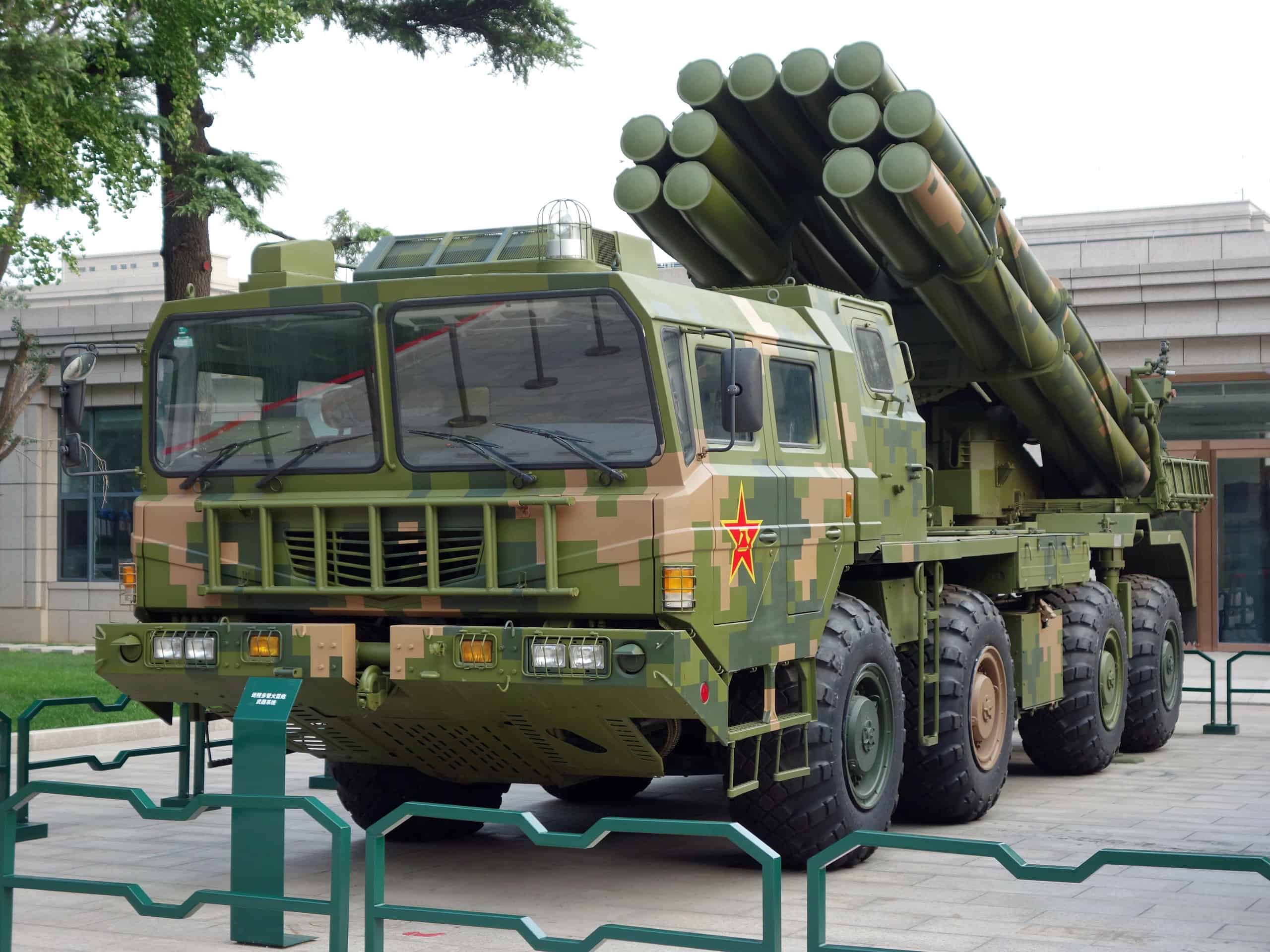
Published:

On June 5th, 2024, Russia unveiled its newest rocket launcher, a thermobaric weapon nicknamed “Dragon.” Rocket launchers have served many purposes throughout history. First used in the 1300s, they were a great weapon to take out a large group of forces at once. Later, as tanks developed, they helped armies fight against these nearly impenetrable machines. Even now, they are used to combat personnel, armored vehicles, aircraft, or fortifications.
To identify every major rocket launcher from the last 100 years, 24/7 Wall St. reviewed a catalog of rocket launchers from Military Factory, an online database of arms, vehicles, and aircraft used by militaries worldwide. (These are the newest guns to see everyday U.S. military use.)
Rocket launchers played a major role in WWII and are still used today. Here is a list of all 39 important rocket launches in the last 100 years, sorted from oldest to newest.
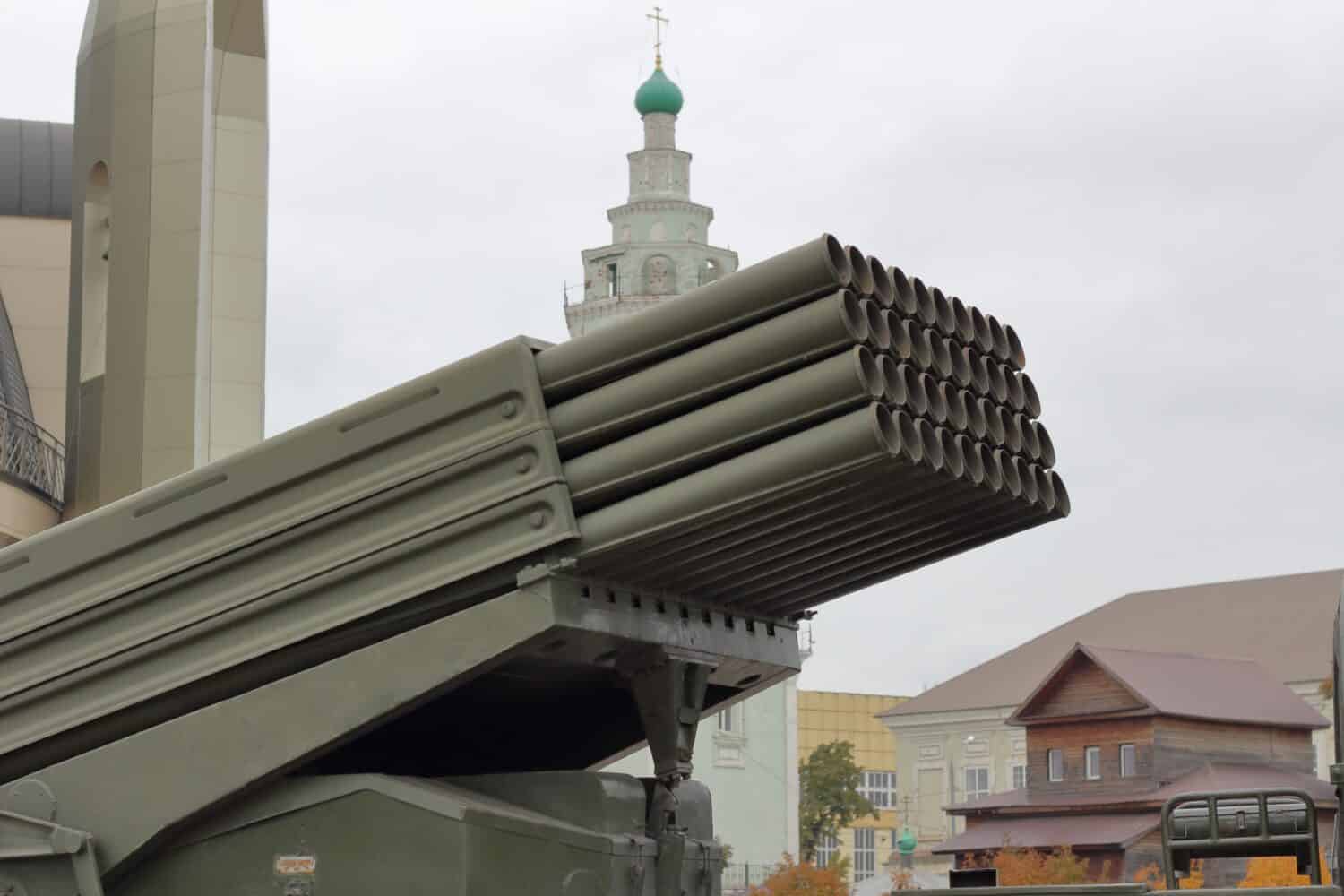
Rocket launcher technology was modernized just in time for World War II when the modern iteration of rocket launchers truly entered the battlefield and has since left an indelible mark. (These are the highest caliber guns of World War II.) Rocket launchers are a major part of war. They were a way to even out battlefields against tanks and a large group of people. They changed the tides of battles, and many countries were focused on making the best, lightest, and most effective ones. This, in turn, influenced funding and political ties.
These were some of the earlier rocket launchers developed by the United States, specifically General Electric, and as such, aren’t the most impressive. However, the M1 Bazooka was used to fight against tanks, was reusable, and could be fired from the shoulder. To make sure the aim was true, the user had to be pretty close to the tank. They used 60mm caliber rockets.
In 1942, the United Kingdom, alongside Imperial Chemical Industries, came up with the PIAT. This was an anti-tank grenade launcher that used 89mm rockets.
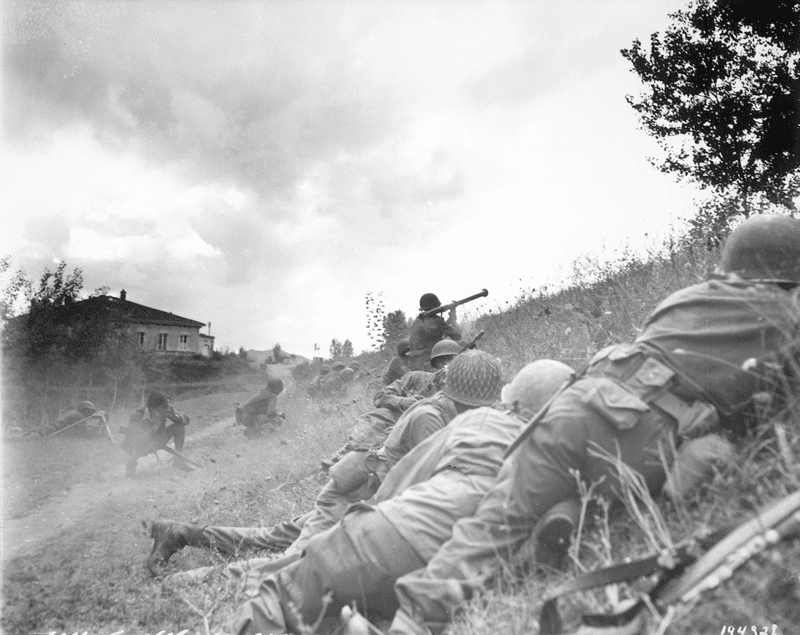
The M9 Bazooka was another rocket launcher from the United States. This launcher came from Conduction Corporation and was made to handle 60mm rockets.
These rocket launchers used big and powerful rockets, either 100mm or 149mm, depending. Because of their size, they had to be used from a short distance of less than 100 feet to be super accurate. The Panzerfaust 30 was made in 1943 by Germany and State Factories.
These disposable rocket launchers were similar to the Panzerfaust 30 and also made by Germany and the State Factories. However, they could go a little further while still maintaining accuracy and effectiveness.
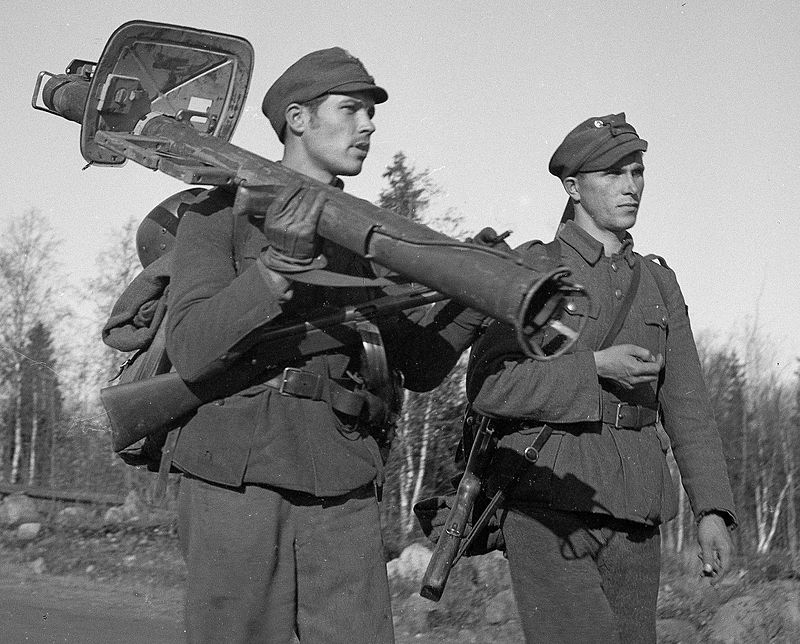
The Panzerschreck was a reusable anti-tank rocket launcher that originated from Germany and State Factories. It used 88mm caliber rockets and was effective up to nearly 500 feet.
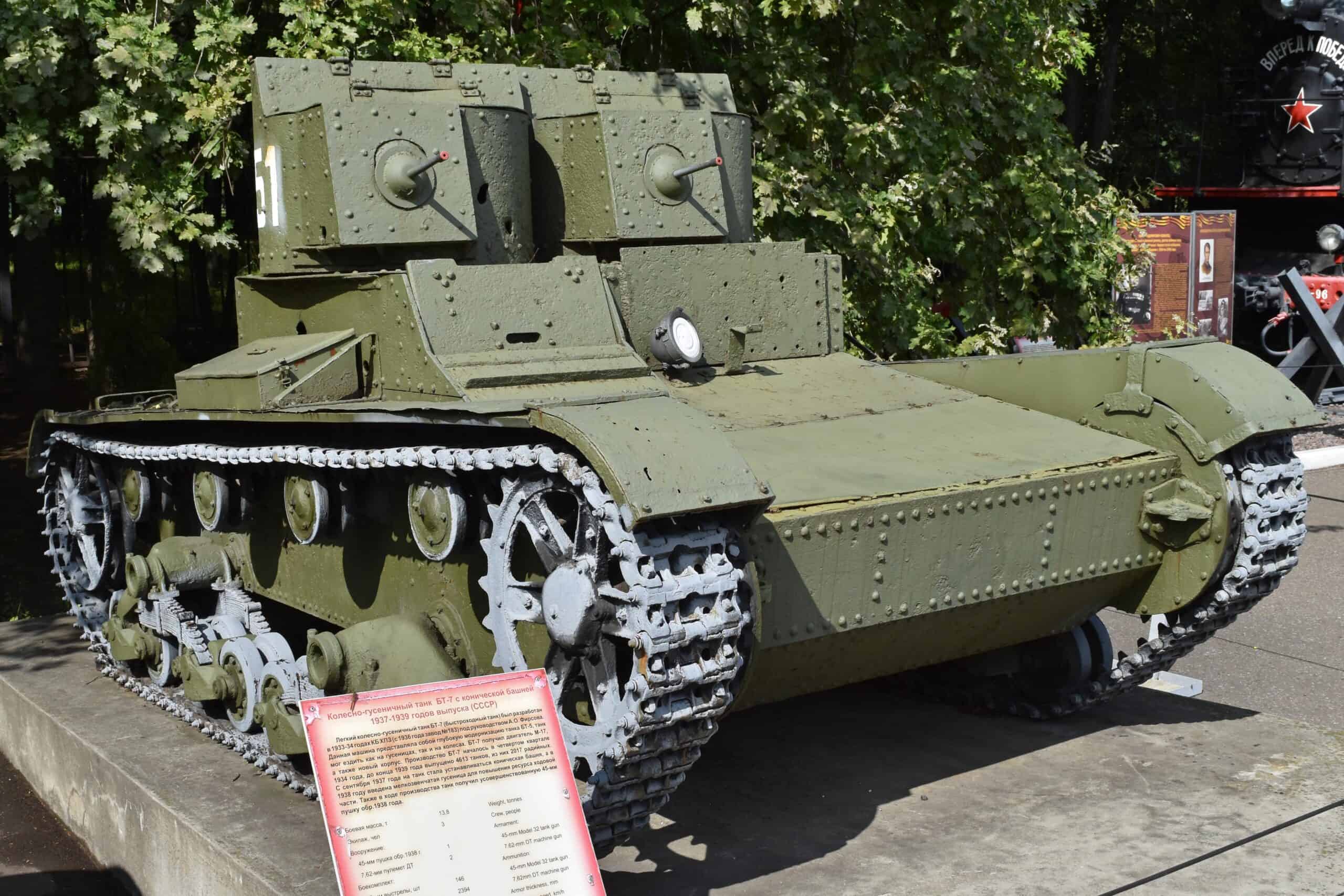
The Raketetenwerfer 43 was designed to fight against tanks. It was designed by Germany and the State Factories. It used 88mm rockets.
Though the United States didn’t do great with their first bazooka, the M2 was a vast improvement. They were manufactured by the Conduction Corporation and they served the same purpose as the first. However, this one used 89mm rockets and was effective up to a much further distance.
RPGs are a well-known series of weapons, and for good reason. The RPG-2 was first made in 1954 by the Soviet Union and State Factories. This RPG used 82mm caliber rockets and could be effective up to 492 feet.
The RPG-7 was yet another rocket-propelled grenade launcher developed by the Soviet Union, though this time with Bazalt. It used 40mm rockets and could go just under 1000 feet.
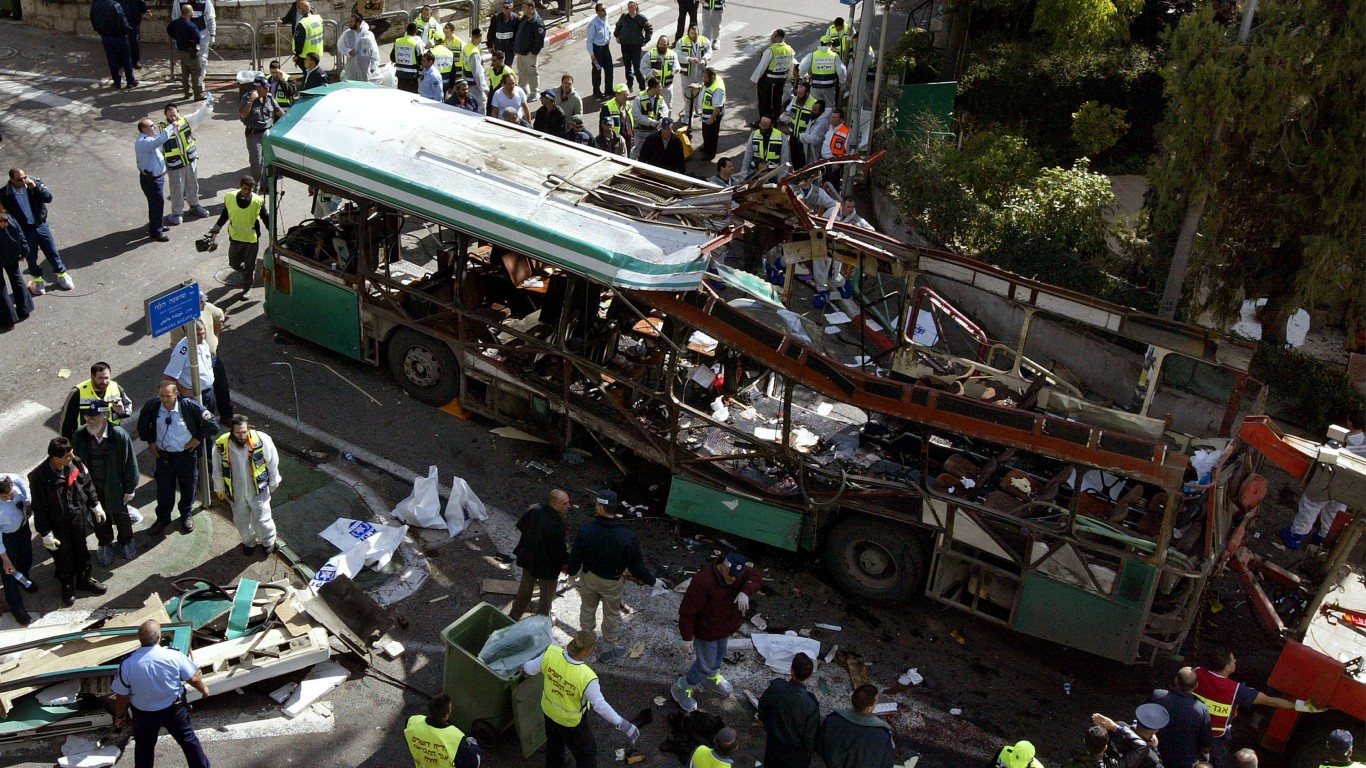
This German rocket launcher was made by Dynamit Nobel in 1963. It used rockets that were 67mm and were made to have no recoil when fired from the shoulder.
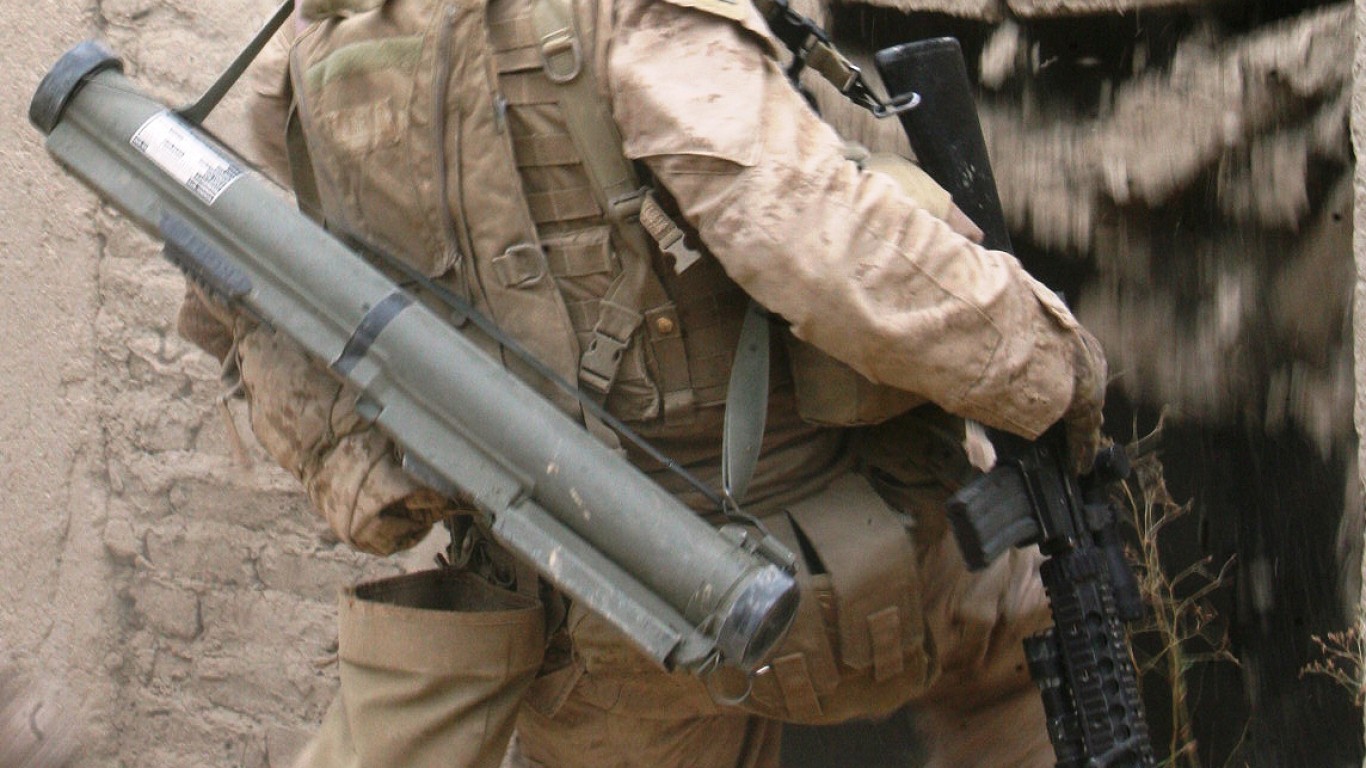
The United States is responsible for the M72 LAW. With the help of Talley Industries, this disposable rocket launcher used 66mm rockets to handle tanks. They were effective for quite a range too.
Type 69 was China’s version of the RPG in the early 70s. It was made by the China North Industries Corporation and used 40mm caliber rockets.
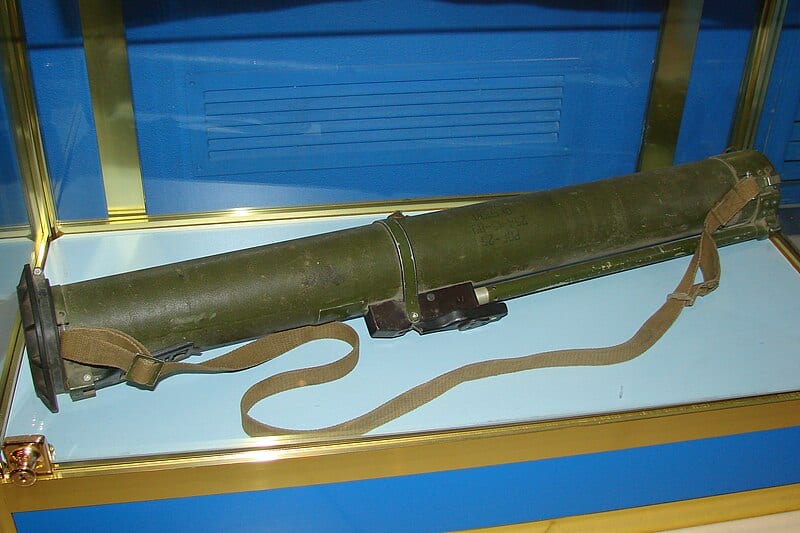
The RPG-26 was a disposable version of the rocket-propelled grenade launcher developed by the Soviet Union and State Factories. It used a 72.5mm caliber rocket and was effective for over 800 feet.
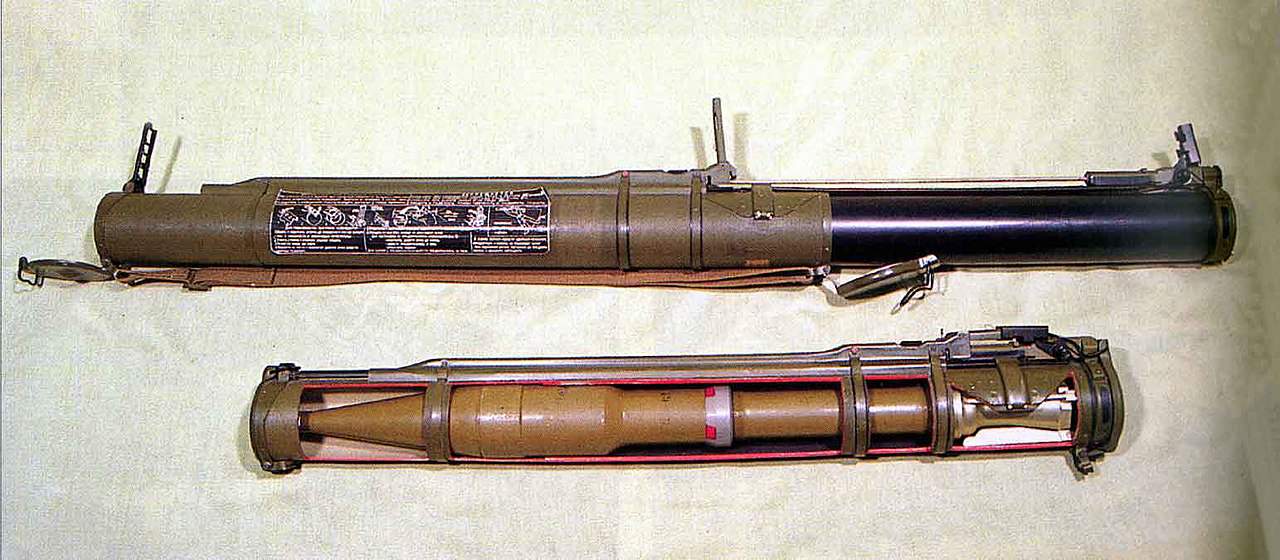
The Soviet Union and State Factories worked together to create the Mukha. It uses 64mm rockets and was made to be disposable.
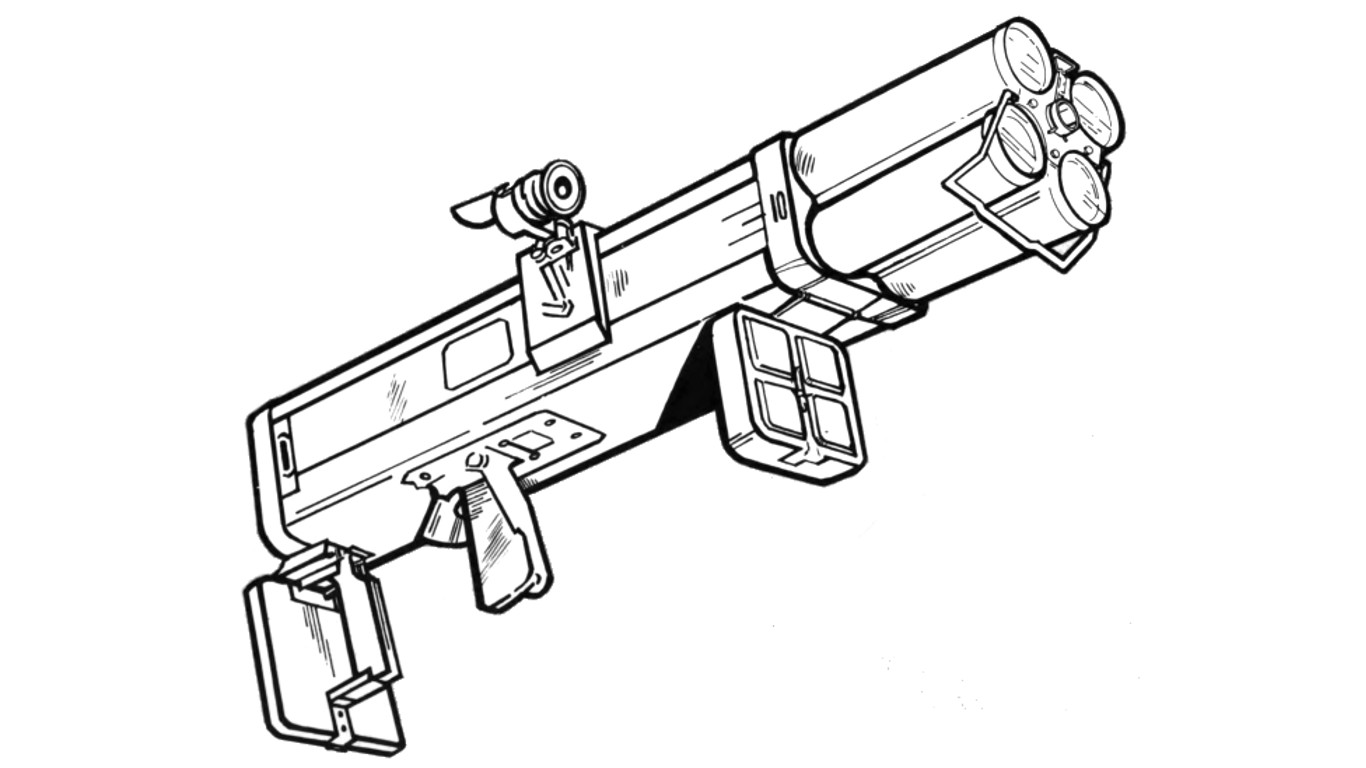
These portable and powerful rocket launchers were made for much closer combat. The United States, with the help of State Factories, created the M202 FLASH was used as a sort of flamethrower with 66mm rockets.
These slim rocket launchers fired from the shoulder and were used to take down tanks. The M79 Osa was made by State factories for Yugoslavia and was paired with 90mm rockets to take out tanks from a good distance.
The LRAC 89-F1 is a sturdy and reusable rocket launcher developed by France and manufactured by Manufacture Nationale d-Armes de Saint-Etienne. They use rockets 89mm in caliber and have a good range.
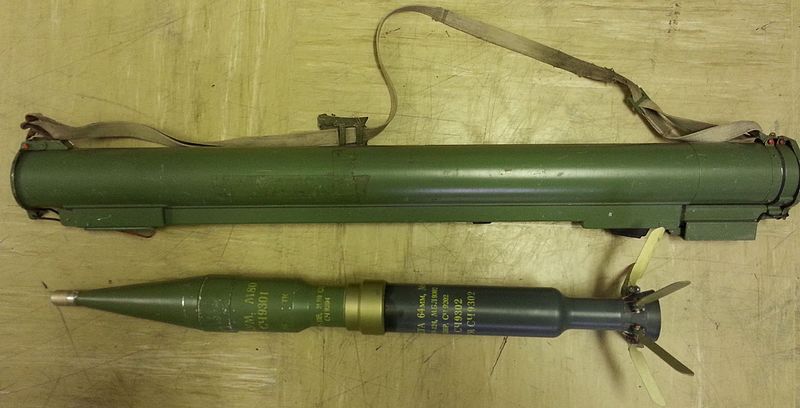
State Factories and Yugoslavia worked together again to create an alternative to the M79. This one was called the M80 Zolja. It was also used as an anti-tank rocket launcher but was made disposable and used rockets only 64mm.

The MBB Armbrust was a German rocket launcher designed by Messerschmitt-Bolkow-Blohm to be light and disposable. It also had no recoil. The rockets were 67mm and the device was effective up to 980 feet.
The B-300 originates from Israel, specifically, Israeli Military Industries. It has a rocket caliber of 82mm. Primarily used as an anti-tank weapon, it has a long range of over 1,300 feet.
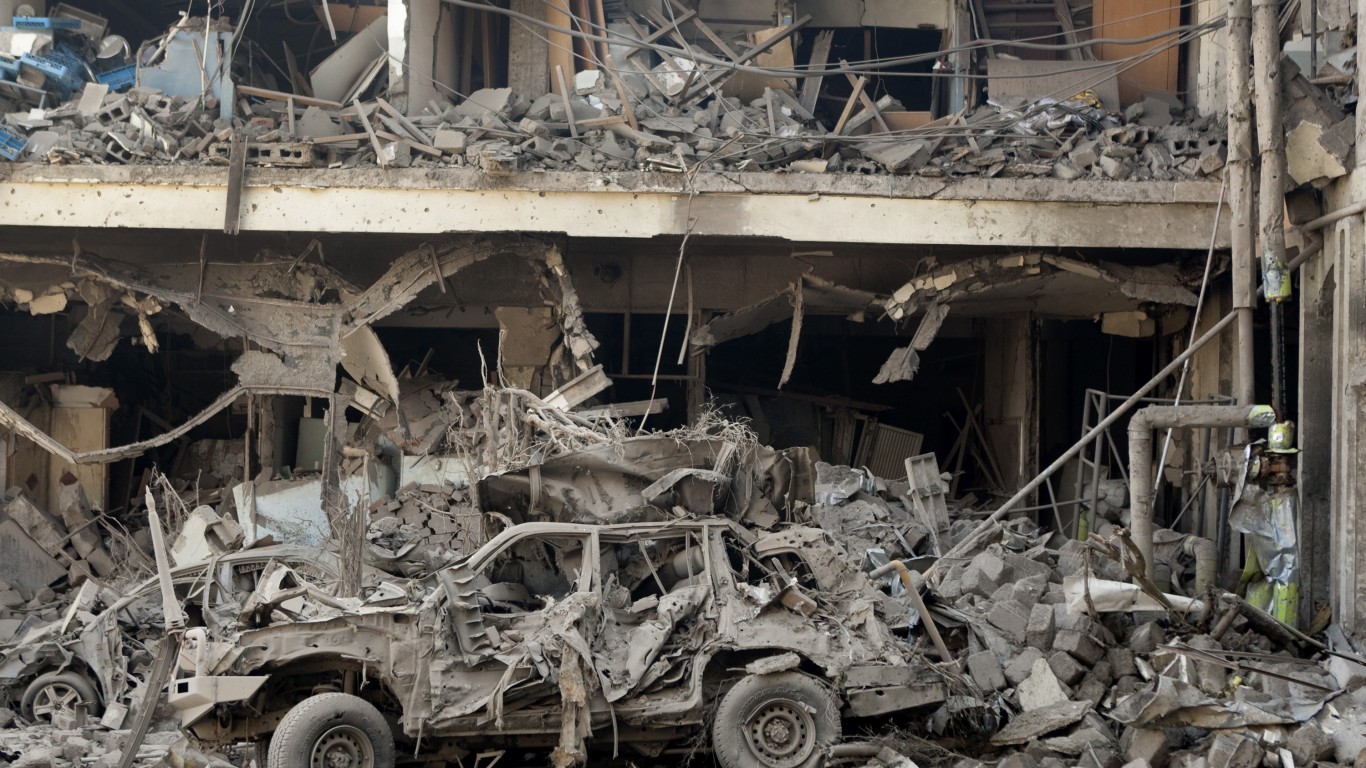
The Dard 120 originates from France, with the SEP or Societe Europeenne de Propulsion being the manufacturer. Despite having the same effective range as the last rocket launcher, the Dard 120 handles rockets much bigger, up to 120mm. It’s also reusable.
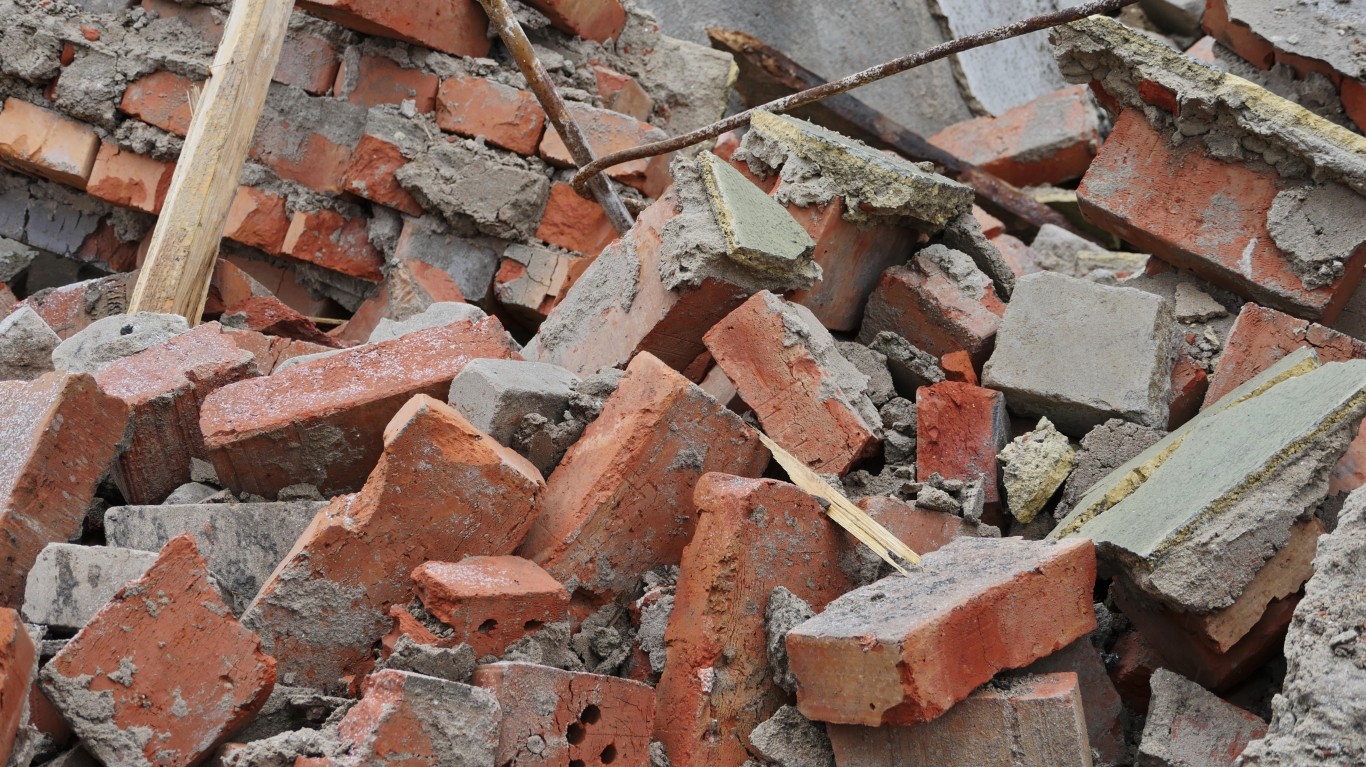
China’s rocket launcher FHJ-84 was a much smaller rocket launcher than many others on this list. Its caliber was only 62mm and it was only effective up to 656 feet. However, this rocket launcher was primarily used as a replacement for more dangerous flamethrowers, rather than actual long-range attacks. The China North Industries Corporation came up with the design.
The Netto was another disposable rocket-propelled grenade launcher created by the Soviet Union and State Factories. It uses 72.5mm rockets.

Poland got involved with rocket launchers as well. Precision Works manufactured the Komar in 1985. They are meant to be used with 68mm rockets to propel a grenade and are effective for up to 820 feet.
These rocket launchers took a little more time to set up than just throwing one on your shoulder, but it was worth it. The Folgore 80 didn’t have a recoil and took 80mm rockets. Thanks to the design, these rockets were impressively effective, handling over 3,000 feet without an issue. These launchers originated in Italy and were made by Breda Meccanica.
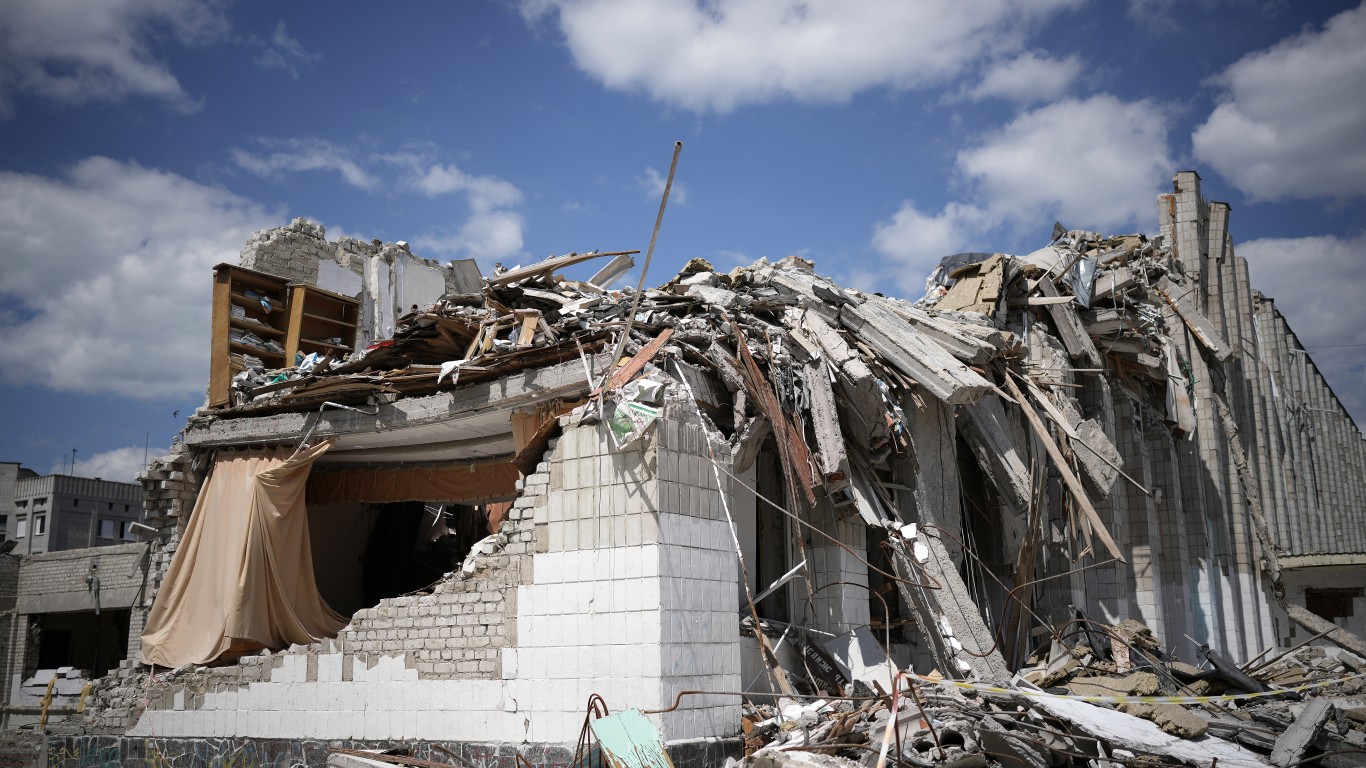
Wasp 58 was a rocket launcher made by France and Luchaire SA. It used 58mm rockets and was easily portable and fired from the shoulder.
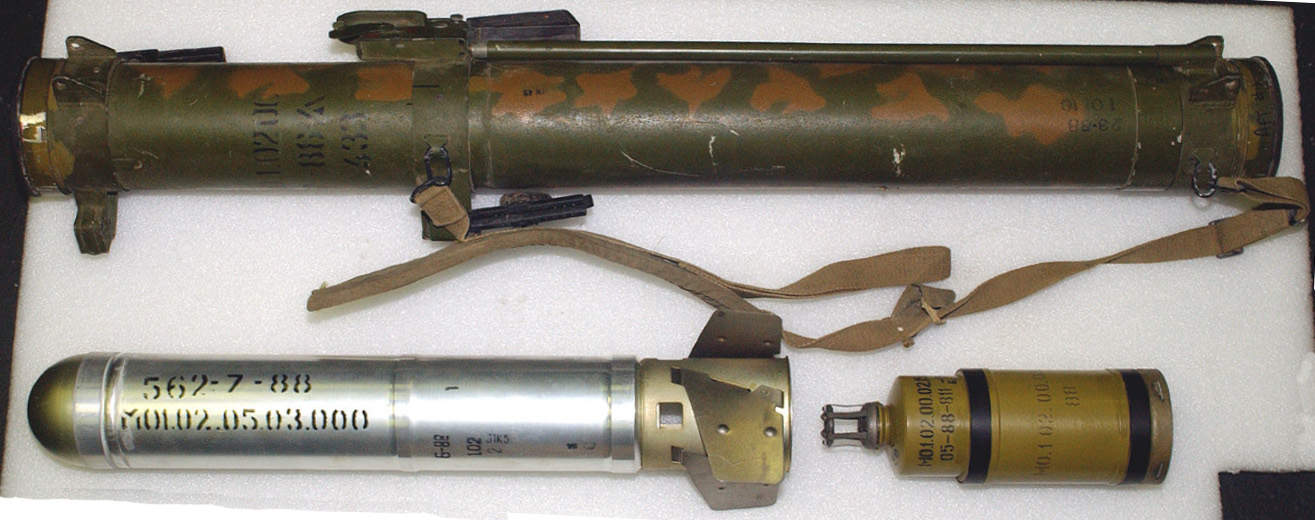
Unlike other RPGs, the RPG-A was used as a flamethrower-type weapon instead of a grenade launcher. It was developed by the Soviet Union and the KBP and used 93mm rockets.
The Tavolga was another RPG and was made by the Soviet Union, Bazalt, and Rosoboronexport. It used 105mm rockets and was effective up to 655 feet.
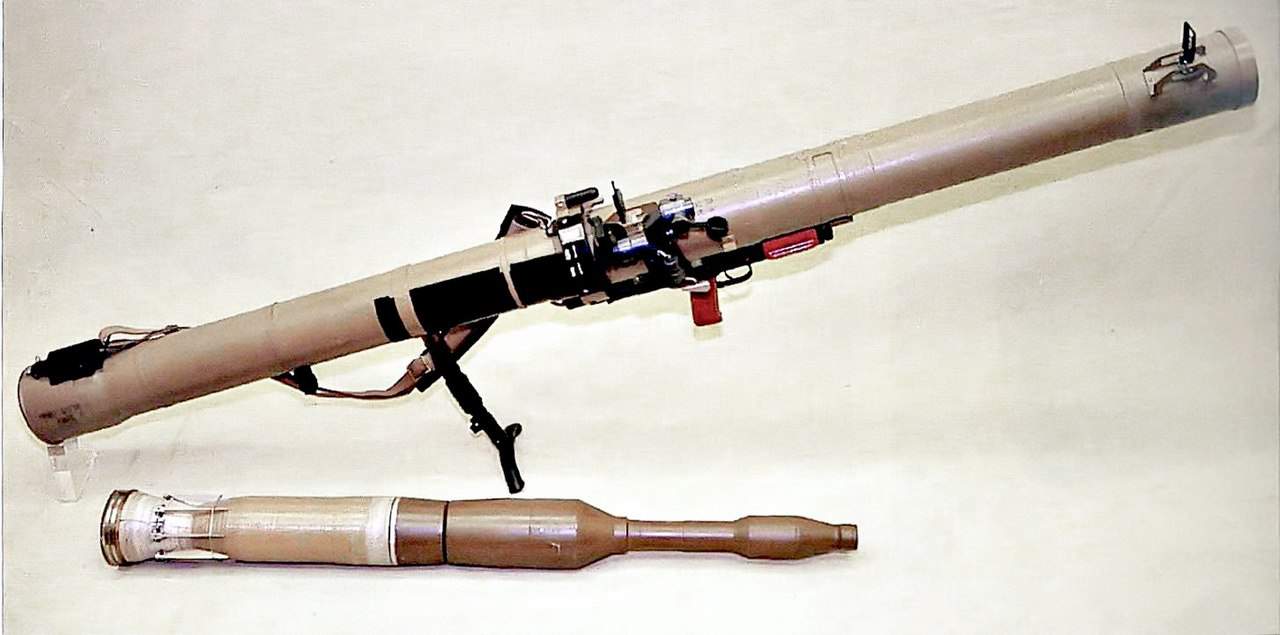
The Vampire was another invention by Bazalt and the Soviet Union. Depending on the model, this rocket launcher could handle 65mm or 105mm rockets. It also worked at far greater distances than most other RPGs to this point.
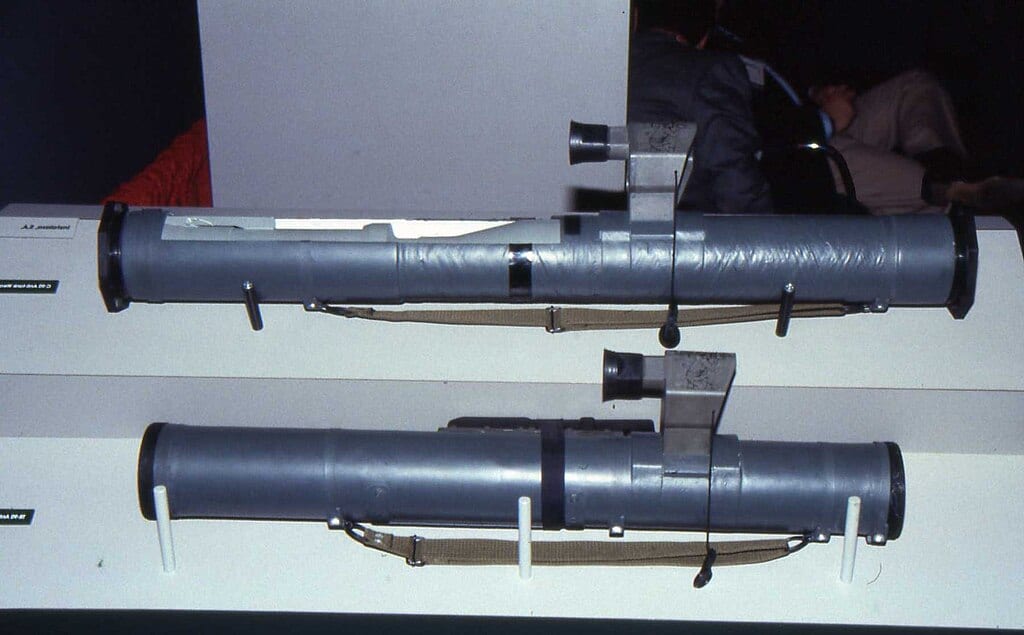
Spain is where the C90 originated. Instalaza made this single-use anti-tank launcher. It’s able to hold some big rockets, up to 90mm, but because of that, its range is a little shorter, under 1,000 feet.
It took almost three decades after the Panzerfaust 2 came out for a direct upgrade to be made. The Panzerfaust 3 was first used in 1992 and was still made in Germany by Dynamit Nobel. It used slightly smaller rockets, 60mm, while being accurate for a few hundred feet more.
The Matador is a German rocket launcher first used in 2000. Dynamit Nobel was responsible for the manufacturing of the launcher, designed to be easily portable and fired from the shoulder. It used large rockets, 90mm, and had a long range.
Even in the 2000s, versions of the RPG are being made. The RPG-30 was made by Russia and Bazalt in 2008. It’s a bigger version than some of the others, working with rockets up to 105mm.
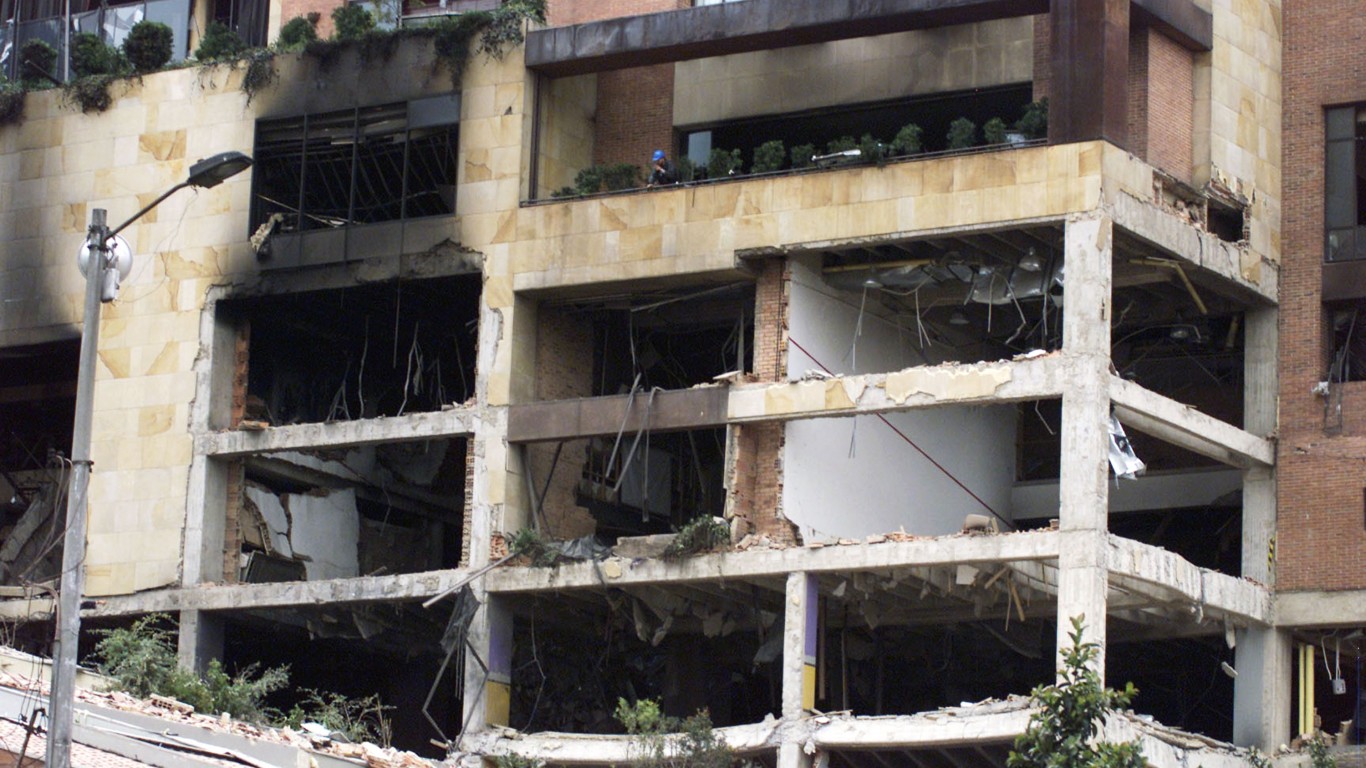
The Hashim is an interesting launcher. It is technically a rocket launcher, but the rocket is there to push a grenade further more so than doing damage itself. These were made by Bazalt in Russia, and they’re able to handle rockets that are 105mm in size.
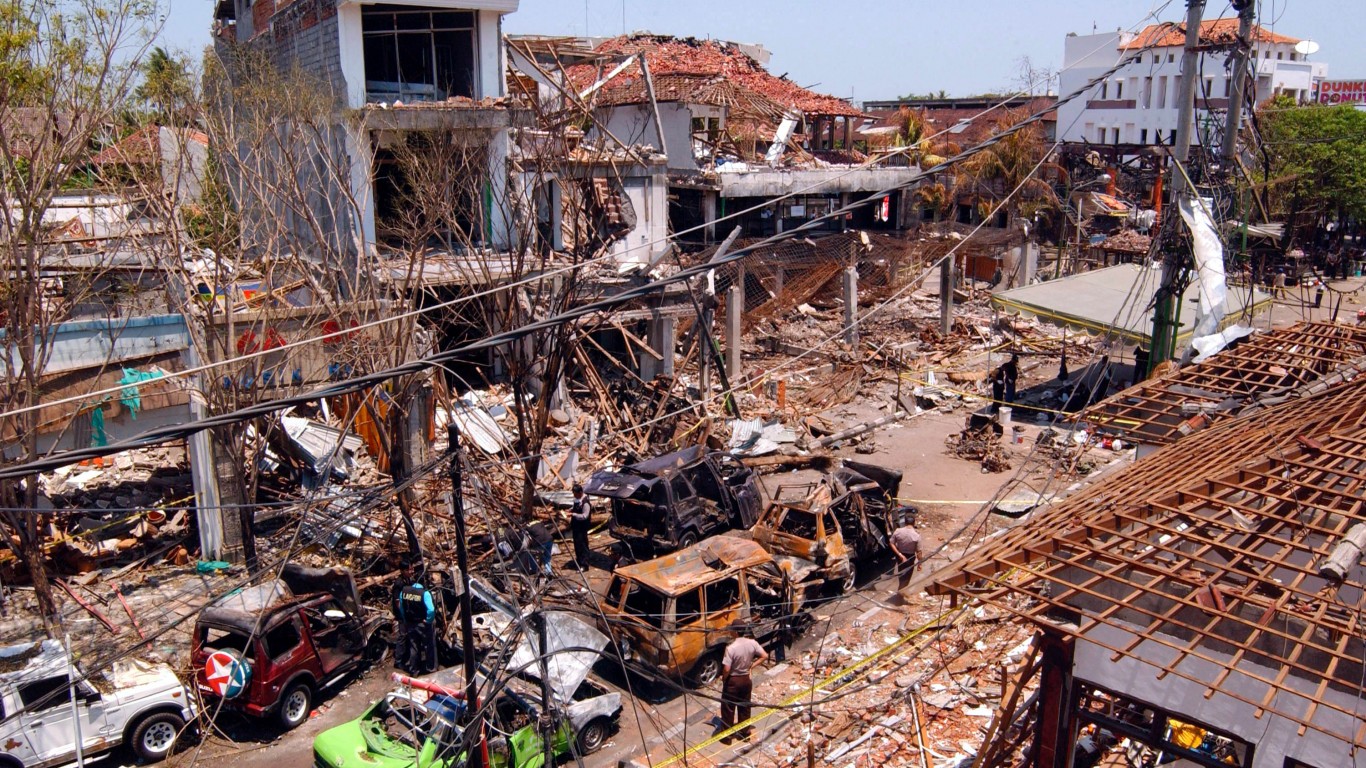
In 2009, the United States and Airtronic made a 40mm caliber rocket launcher. It was used to fight against armor and large groups and worked at quite a distance away.
In 2011, Russia made the Klyukva. These are one-time-use anti-tank rocket launchers that fire off of the shoulder. Bazalt and the State Research and Production Enterprise are in charge of the manufacturing. They don’t have a long range but do quite a bit of damage with a 125mm rocket.
This is another relatively newer rocket launcher, made by Taiwan this time. The National Ching-Shan Institute of Science and Technology is responsible for the manufacturing of the Kestrel. They reach a little over 1,300 feet reliably and are used to fight against tanks with rockets 110mm in size.
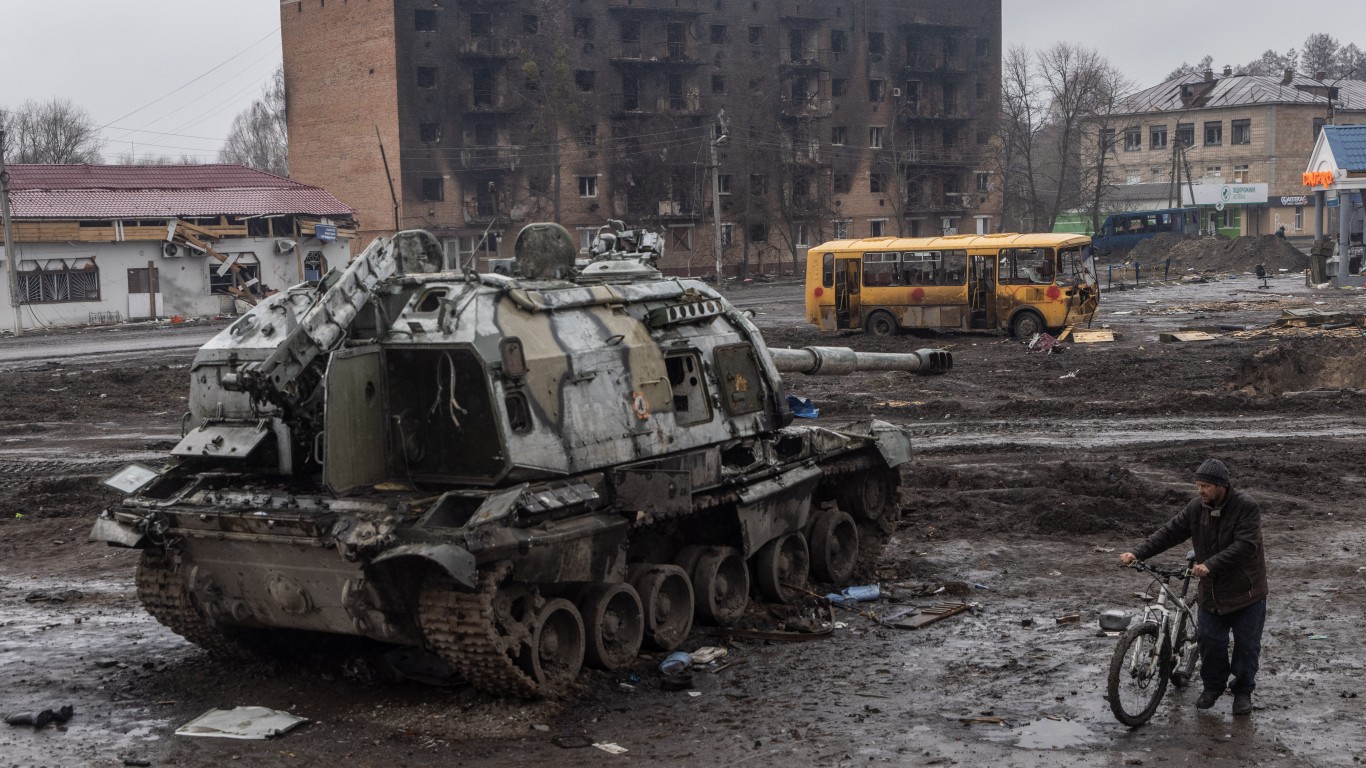
These are a much newer model of rocket launcher. The GS-777 was made in 2015. Despite its long range and rather small rocket size of 40mm, it does quite a bit of damage. This launcher is also lightweight and sits on the shoulder without much recoil.AirTronic in America is responsible for these.
Start by taking a quick retirement quiz from SmartAsset that will match you with up to 3 financial advisors that serve your area and beyond in 5 minutes, or less.
Each advisor has been vetted by SmartAsset and is held to a fiduciary standard to act in your best interests.
Here’s how it works:
1. Answer SmartAsset advisor match quiz
2. Review your pre-screened matches at your leisure. Check out the advisors’ profiles.
3. Speak with advisors at no cost to you. Have an introductory call on the phone or introduction in person and choose whom to work with in the future
Get started right here.
Thank you for reading! Have some feedback for us?
Contact the 24/7 Wall St. editorial team.